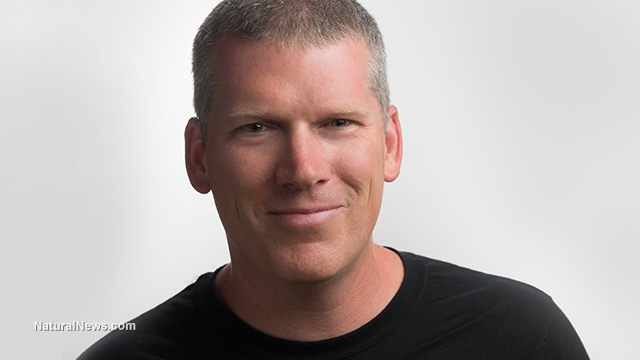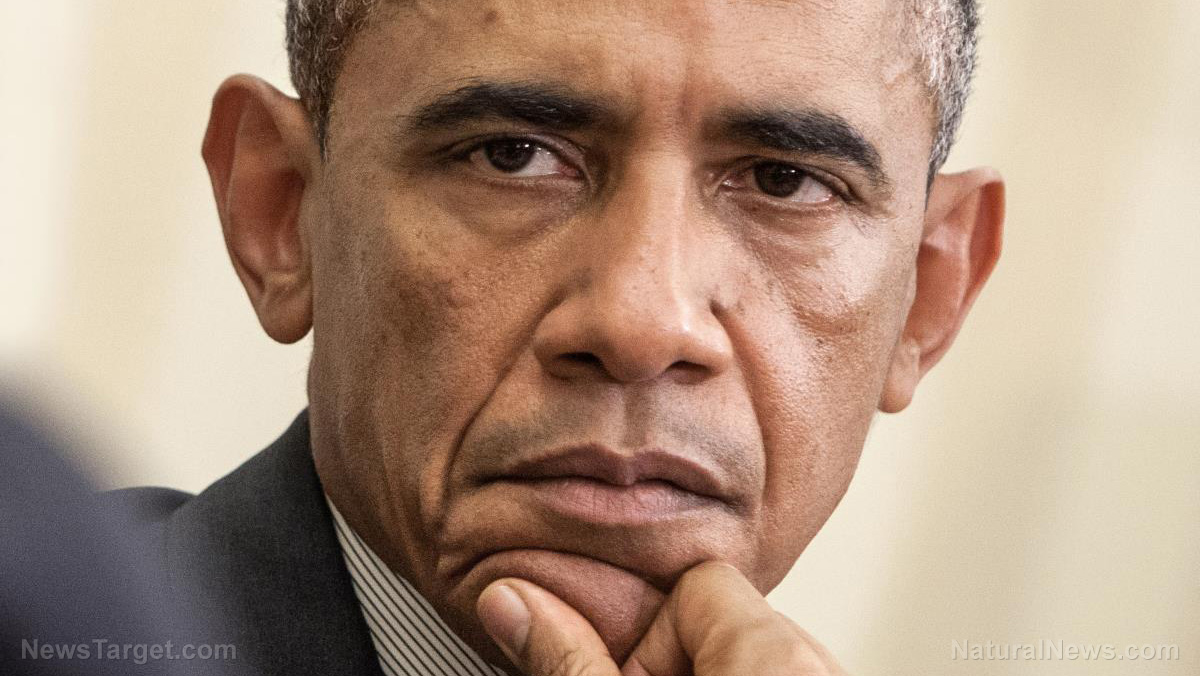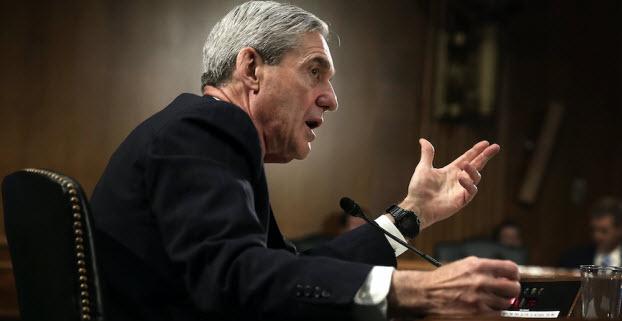Commission calls for LESS government involvement and more PRIVATE options for veterans care – isn’t it time?
07/06/2016 / By usafeaturesmedia
(BigGovernment.news) After nearly a century of the federal government trying to run a healthcare system aimed at taking care of America’s veterans – and failing – isn’t it about time we tried something else? One independent commission thinks so.
As reported by the Washington Free Beacon, the Commission on Care, which was established by congressional mandate following the secret waiting list controversy two years ago, has offered 18 recommendations to fix the VA’s chronic “deep problems.” In short, the commission – which was tasked in reviewing the Department of Veterans Affairs network of medical facilities – wants the government to adopt more private-sector medical options for vets, as well as the formation of a new board of directors to oversee a “far-reaching” transformation of the broken VA system.
The Free Beacon noted further, citing the report’s recommendations:
Though the report, which the agency is expected to publicly release on Wednesday, demands “fundamental, dramatic change” at the VA, some commission members still do not believe that the recommendations are aggressive enough to fix rampant flaws at VA hospitals nationwide.
The commission has been soliciting testimony for months, conducting on-site visits to VA facilities, and reviewing the details of an agency-commissioned independent assessment issued last September that found the VA’s network of hospitals to be deeply flawed and in need of “system-wide reworking.”
The commission found problems associated with veterans’ access to health care to be the “most public and glaring deficiency” at VA hospitals and recommended that the Veterans Health Administration (VHA) establish a system that further integrates private health care providers—called the “VHA Care System”—to ensure veterans swiftly obtain care that suits them. The new system would replace the Choice Program established by Congress in 2014, which allows veterans waiting long periods for appointments or living far from VA hospitals to seek care at medical facilities outside the VA.
The VHA Care System would be comprised of VA providers and facilities, federally funded providers and facilities like those supported by the Defense Department, and VA-credentialed community providers and facilities.
The proposed system would give veterans more choice in selecting their providers and would eliminate the wait time and distance criteria established under the current program. Patients would choose their primary and specialty care providers from providers in the system and would be able to seek care at any VHA Care System location across the country, in coordination with their primary care provider.
Problems in delivering care at the VA are historic. As The New Republic reported in May 2014, the surge in demand over the years for VA services, from new veterans of various wars, is part of the problem, as Congress has often failed to provide additional resources to the VA so it could handle the additional load. But it is more than that:
Antiquated, sclerotic bureaucracies are also part of the story. Veterans who wish to use VA health services must first apply. They also must get determinations about what kinds of disabilities they have—and how they got them. Those determinations are important: Veterans who lost limbs in battle, for example, get priority for services over those who served stateside without injury. The application files are still on paper, creating a huge backlog. The process also inflates wait times for actual medical services, since the disability determinations frequently require tests and checkups at VA medical facilities.
“The Commission believes VHA must institute a far-reaching transformation of both its care delivery system and the management processes supporting it. Changes of the magnitude facing VHA would be difficult for any health care system to achieve. A transformation will take years to accomplish and must be sustained over time,” the commission’s final report states.
“Yet the short tenure of senior political appointees, each administration’s expectations for short-term results, and VHA’s operating in a ‘dynamic environment [in which it is] answering to a large number of stakeholders, sometimes with competing demands’ offer little reason for optimism that real transformation could take hold without fundamental changes in governance.”
Honestly, congressional tinkering along the edges of VA bureaucracy isn’t going to fix entrenched, antiquated bureaucracy. It just isn’t going to happen.
These new recommendations ought to be taken seriously by Congress and put in place. Only the private sector, which must compete for patients and be efficient so as to generate profits, can adequately care for our veterans. The government can’t and never has. Time to stop doubling down on failure.
More:
- What VA Secretary McDonald Just Said About Veteran Wait Times Proves Why His Agency Is Beyond Reform And Should Be Abolished
- VA Officials Who Defrauded Taxpayers Will Get To Keep The Money – And Their Jobs
- BLEEDING OUT: Insurers Warn Their Obamacare Losses Are Unsustainable But The Prez Won’t Budge
BigGovernment.news is part of the USA Features Media network. Get caught up on ALL of the day’s most important news and information here.
Tagged Under: bureaucracy, healthcare, Veterans Administration





















